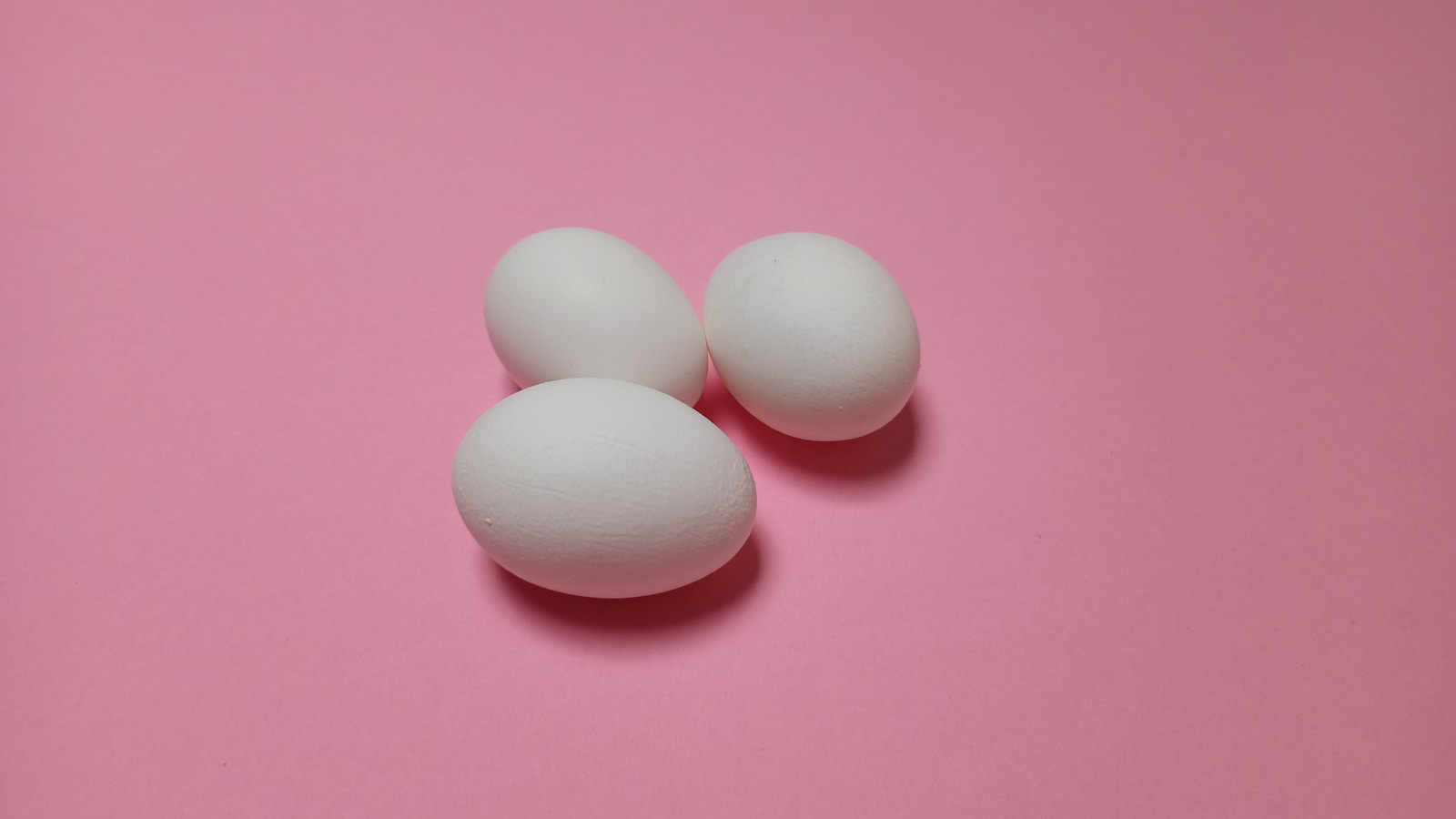
poner un huevo

put an egg
The phrase 'poner un huevo' directly translates to 'put an egg' in English. However, in colloquial Spanish, it often depicts laying an egg, typically in the context of bird reproduction. It is also used figuratively to refer to an action resulting in a difficult or uncomfortable situation.
Example sentences using: poner un huevo
María decidió poner un huevo en la sartén.

Maria decided to put an egg in the pan.
In this sentence, 'poner un huevo' is used in a literal sense of placing an egg in the pan, it shows an action of Maria in a cooking scenario.
Puedes poner un huevo en esta caja?

Can you put an egg in this box?
This sentence is asking someone if they can place an egg into a box. It's using 'poner un huevo' in a literal and imperative sense.
Vamos a poner un huevo en el nido

We are going to put an egg in the nest
Here 'poner un huevo' is used to indicate we will place an egg into a nest. This phrase can be used in a context of caring for birds or wildlife.
Es fácil poner un huevo en agua hirviendo.

It is easy to put an egg into boiling water.
In this example 'poner un huevo' is used in the context of cooking, indicating how easy it is to place an egg into boiling water.
Aprendí a poner un huevo en la nevera.

I learned to put an egg in the fridge.
This phrase uses 'poner un huevo' in the context of learning how to store eggs properly. It means the speaker learned to store an egg in the fridge.
Mi abuela suele poner un huevo en la sopa.

My grandmother usually puts an egg in the soup.
In this sentence 'poner un huevo' is used in a culinary context to describe a cooking habit of the speaker's grandmother, who adds an egg to her soup.
Nunca debes poner un huevo en el microondas.

You should never put an egg in the microwave.
This sentence warns against a common kitchen mistake - it uses 'poner un huevo' to advise not to place an egg in the microwave.
Para hacer un pastel, debes poner un huevo en la mezcla.

To make a cake, you should put an egg in the mixture.
This example uses 'poner un huevo' to provide instruction in a recipe, it shows the action of adding an egg to a cake mix.
Solo necesito poner un huevo en la receta.

I just need to put an egg in the recipe.
This phrase uses 'poner un huevo' to indicate the speaker needs to add an egg to a recipe they are preparing.
Para hacer flan, prefiero poner un huevo en la leche.

To make flan, I prefer to put an egg in the milk.
This sentence uses 'poner un huevo' to express a preference for a specific cooking method, in this case, placing an egg in milk to prepare flan.